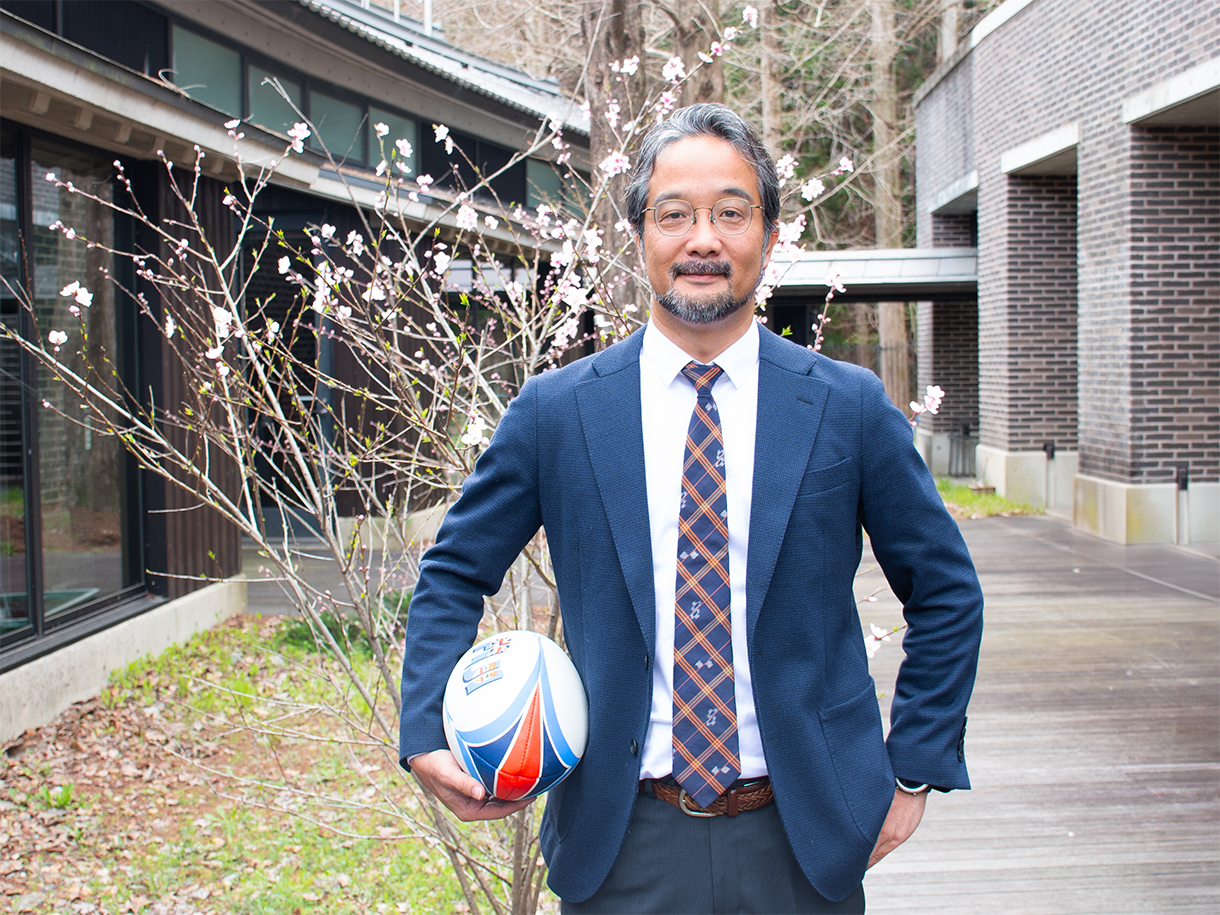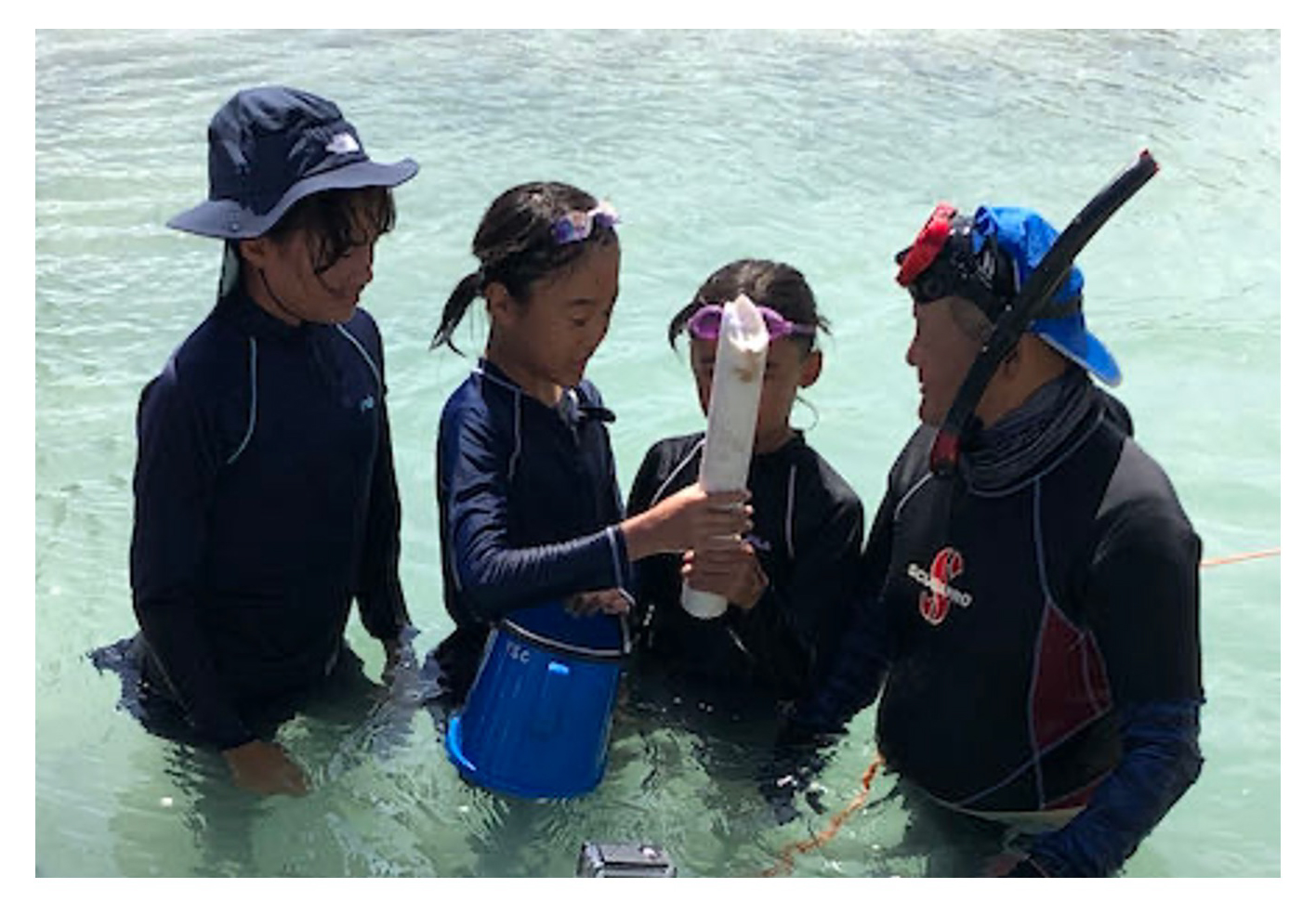
YASUMOTO Jun
Associate Professor, RIHN / Assistant Professor, University of the Ryukyus
- Related links
Program/Project
Adaptive Governance of Multiple Resources based on Land-Sea Linkages of the Water Cycle: Application to Coral Reef Island Systems
Position & Title
Associate Professor, RIHN / Assistant Professor, University of the Ryukyus
Area of Expertise
agricultural engineering, hydrology, environmental dynamics analysis, island water environments
Biography
Specializing in agricultural engineering, hydrology, environmental dynamics analysis, and island water environments. After obtaining a Ph.D. in Agriculture from the United Graduate School of Agricultural Sciences, Ehime University, held positions as a research fellow at the Faculty of Engineering, Kyushu University, a project researcher for the Subsurface Environment Project at RIHN, and an assistant professor at the Faculty of Agriculture, University of the Ryukyus, before assuming the current position. Research themes include groundwater salinization, submarine groundwater discharge, coral calcification, accumulated nutrients, land–sea interactions, and watershed governance.
